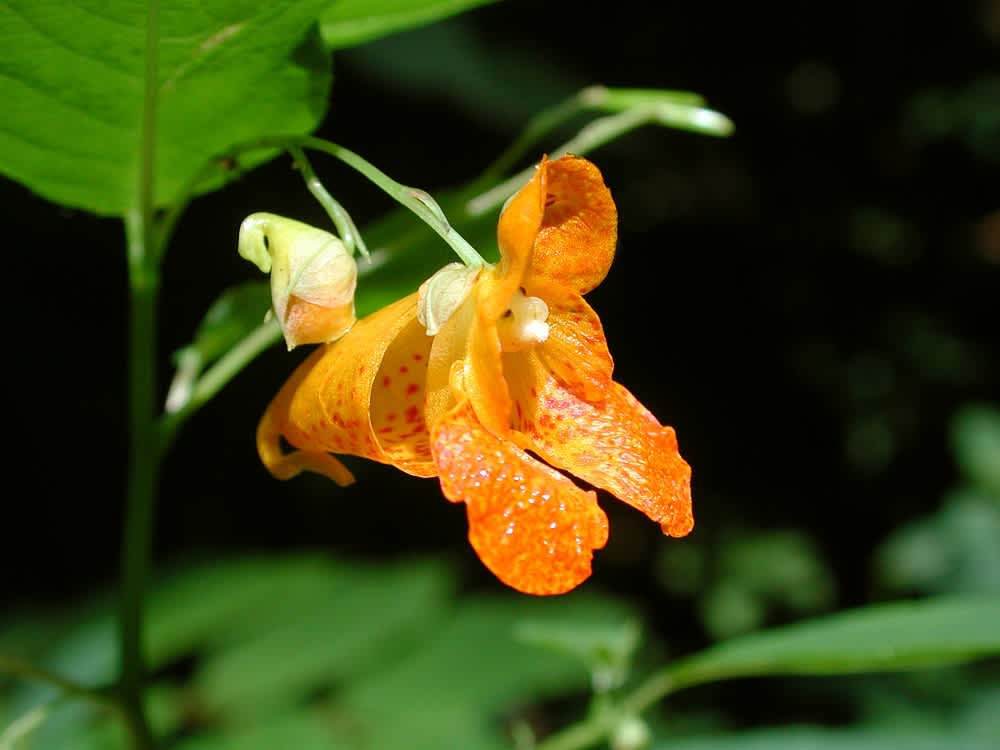Study: Plants Adapt Defensive Mechanisms to Survive Deer “Predation”
OutdoorHub Reporters 12.09.14

Most outdoorsmen rarely think of deer in a predatory light, but scientists say that an unchecked deer population can rapidly eat its way through a healthy forest—a self-destructive act that can lead to mass starvation. However, plants are not just hapless victims, either, and a study recently published in the Journal of Ecology found that at least one plant found defensive mechanisms to combat the deadly molars of deer. According to the study, which was authored by researchers at Cornell University in New York, populations of the orange jewelweed have actually developed two methods to ensure their survival against deer.
Researchers found that samples of orange jewelweed that are exposed to deer tend to have longer flowering days and increased fruits per flowering node. This allows the jewelweed to wage a war of attrition: as much as the deer eats, the jewelweed will outproduce the herbivores. Researchers took both the plants that have already been exposed to deer and those generally protected from browsing—such as those in city parks—and placed them together. The plants were then put in common gardens for natural deer browsing. What researchers found was that side-by-side, the plants that adapted to deer consumption saw a 20 percent reduction in lifetime seed reduction due to the deer, while the previously protected plants saw a much higher 57 percent decrease.
Not all defense mechanisms involve prickly barbs or poison. Sometimes plants win in the game of evolution by simply out-producing herbivores.
“Individuals in populations that were historically browsed were able to devote more resources to seed production,” said Laura Martin, the paper’s lead author, told the Cornell Chronicle. “The flowers last longer and there were more seeds per flower in the historically browsed plants, but there were the same number of flowers in browsed and protected plants.”
Researchers said that the study shed new light on how plants such as the jewelweed adapt to ecological change. Of course, herbivores are not without their own tricks. Researchers in Canada have found that some moose have developed saliva that counteracts toxic fungus, such as the one found on a grass called red fescue.

